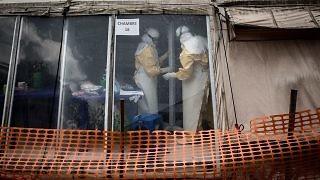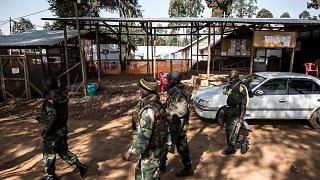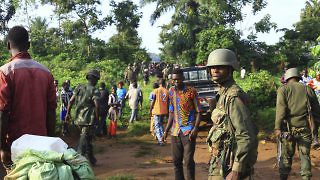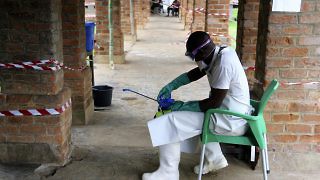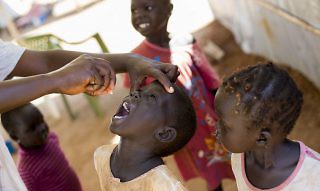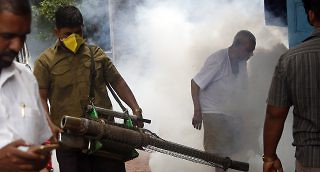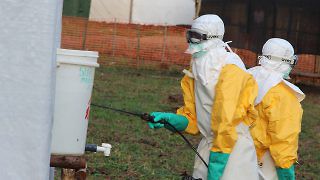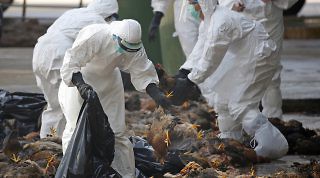Despite the availability of a safe and effective vaccine, the Ebola outbreak evokes many similarities to the global fight against the COVID-19 pandemic.
Author: Michael R. Snyder
-
-
As panic spreads along with the outbreak, will evidence-based public health prove to be its biggest victim?
-
Before the window of opportunity closes, the UN, WHO, and international, national, and local partners will need to work together to redouble their efforts to gain the trust of the local population and mobilize community action.
-
The situation represents a “perfect storm” characterized by weak health systems; proximity to borders with Uganda and Rwanda; a dense and mobile population of 6 million people; and violence and insecurity.
-
The combination of faster outbreak detection by national authorities, a swift response by international and NGO partners, and the use of new countermeasures have so far averted the “explosive increase” in cases initially feared.
-
Governing Global Health’s greatest strength lies in its rich empirical basis. The repository of data upon which the authors draw goes unrivaled by similar scholarship, and they build an engaging narrative from the often dry necessities of budgeting technicalities and organizational structure.
-
Regardless of its calculations, India’s actions run counter to global norms on the need for transparency during disease outbreaks.
-
Signs point to a higher level of speed, coordination, and engagement than occurred during the initial stages of the West Africa response in 2014
-
All three remaining contenders possess wide-ranging experience, and all articulated support for global health security while campaigning at a public debate in Geneva this month.
-
Most importantly, UNMEER’s integrated approach is a case study in the UN’s potential to work together toward greater integration and to deliver across its institutional divisions, or silos.

